ARM says it can do business with Huawei after all
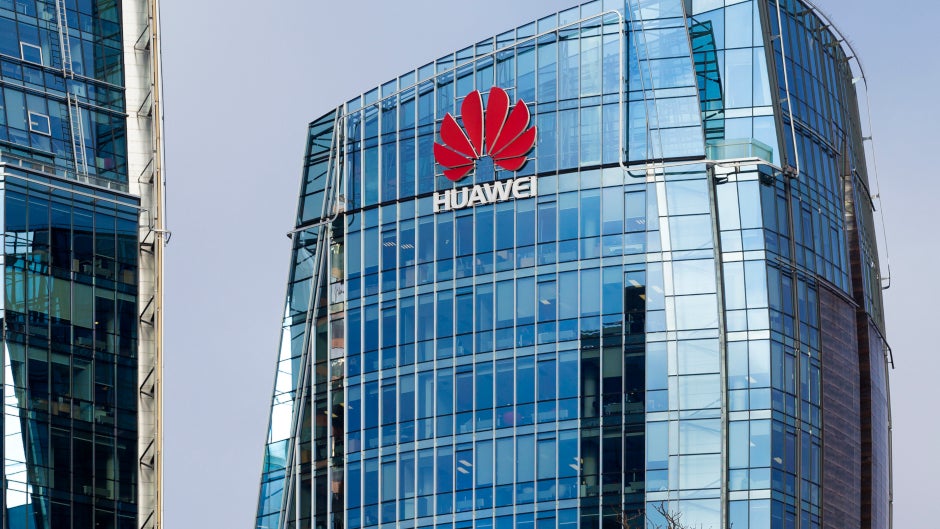
When Huawei was placed on the U.S. Commerce Department's Entity list in the middle of May, it meant that the Chinese manufacturer no longer had access to its U.S. supply chain. Right away companies like Google and Qualcomm announced that they were cutting ties with Huawei. Also announcing that it was no longer dealing with Huawei was the U.K.'s ARM Holdings. ARM's processor architecture is licensed to chipmakers around the world and its Cortex-Axx CPU cores are used in chipsets like Qualcomm's Snapdragon line and in Apple's Ax SoCs.
So you might be questioning why ARM felt that it had to comply with the U.S. Commerce Department's entity list. The company pointed out back in May that its designs contain "US original technology." And this could have been deadly to Huawei because its HiSilicon unit designs the Kirin chipsets used in its phones. These chips are manufactured by TSMC and the recently announced Kirin 990 uses ARM's Cortex-A76 and ARM's Cortex-A55 CPU cores. Huawei's fear was that its upcoming phones wouldn't be covered by a previously signed licensing agreement made with ARM, forcing it to search for a replacement design.
But this is no longer a fear for Huawei thanks to ARM's realization that its technology comes from the U.K., not the U.S. According to Reuters, this means that ARM will continue to do business with the Chinese manufacturer without violating the U.S. supply chain ban. An ARM spokesman sent an email to Reuters today stating that "ARM’s v8 and v9 are UK-origin technologies."
Huawei shipped 200 million phones 64 days faster than it did last year
Huawei had a goal of shipping 300 million handsets this year and surpassing Samsung to become the largest smartphone manufacturer in the world. It shipped 59 million handsets in each of the first two-quarters thanks to strong domestic sales, and on October 22nd it hit 200 million units shipped in record time. Last year, when the outfit delivered 206 million phones for all of 2018, it didn't reach this milestone until December 25th which was 64 days later than this year.
While international sales of its latest flagship phones, the Mate 30 and Mate 30 Pro, might have suffered from the lack of Google's core apps like the Play Store, Maps, Gmail, YouTube, and Search, domestically Huawei is beating up on rivals. During the second quarter of this year, Huawei's shipments in China rose 31% year-over-year and it's market share soared from 27.6% to 38.2% over the same time period. Oppo, which finished behind Huawei during the three months, had a market share of 18.3%. During that period, Huawei was offering its camera-centric P30 models which did come with the Google Play services version of Android pre-installed.
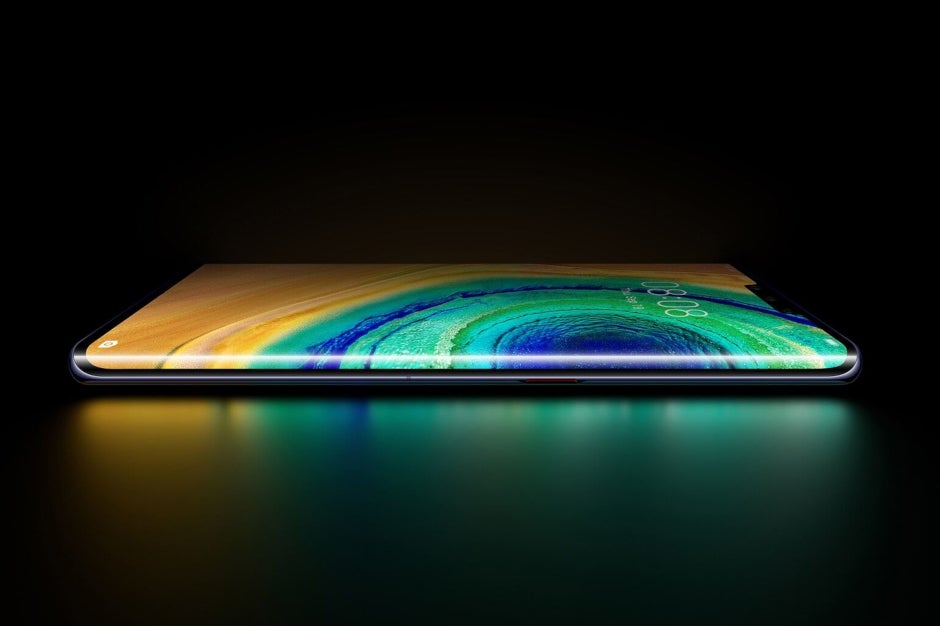
The Huawei Mate 30 Pro ships with the AOSP open-source version of Android
There has been talk on the part of President Donald Trump about using Huawei's Entity List placement as a bargaining chip in future trade negotiations between the U.S. and China; both countries are embroiled in a huge Trade War. Even though recent talks between the two countries didn't mention Huawei at all, the chief of Huawei's consumer group, Richard Yu, has said that he believes that the U.S. will indeed use the company to get better terms from China in a trade deal.
Follow us on Google News



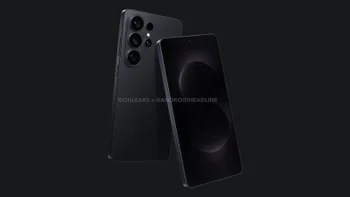
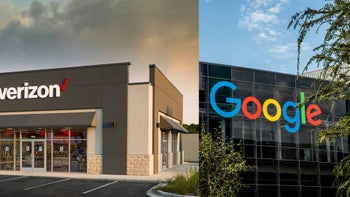
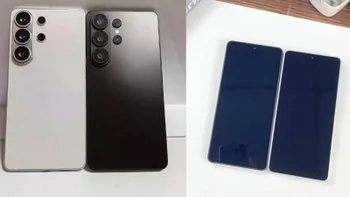

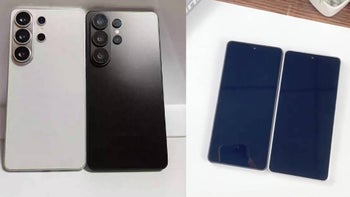






Things that are NOT allowed:
To help keep our community safe and free from spam, we apply temporary limits to newly created accounts: